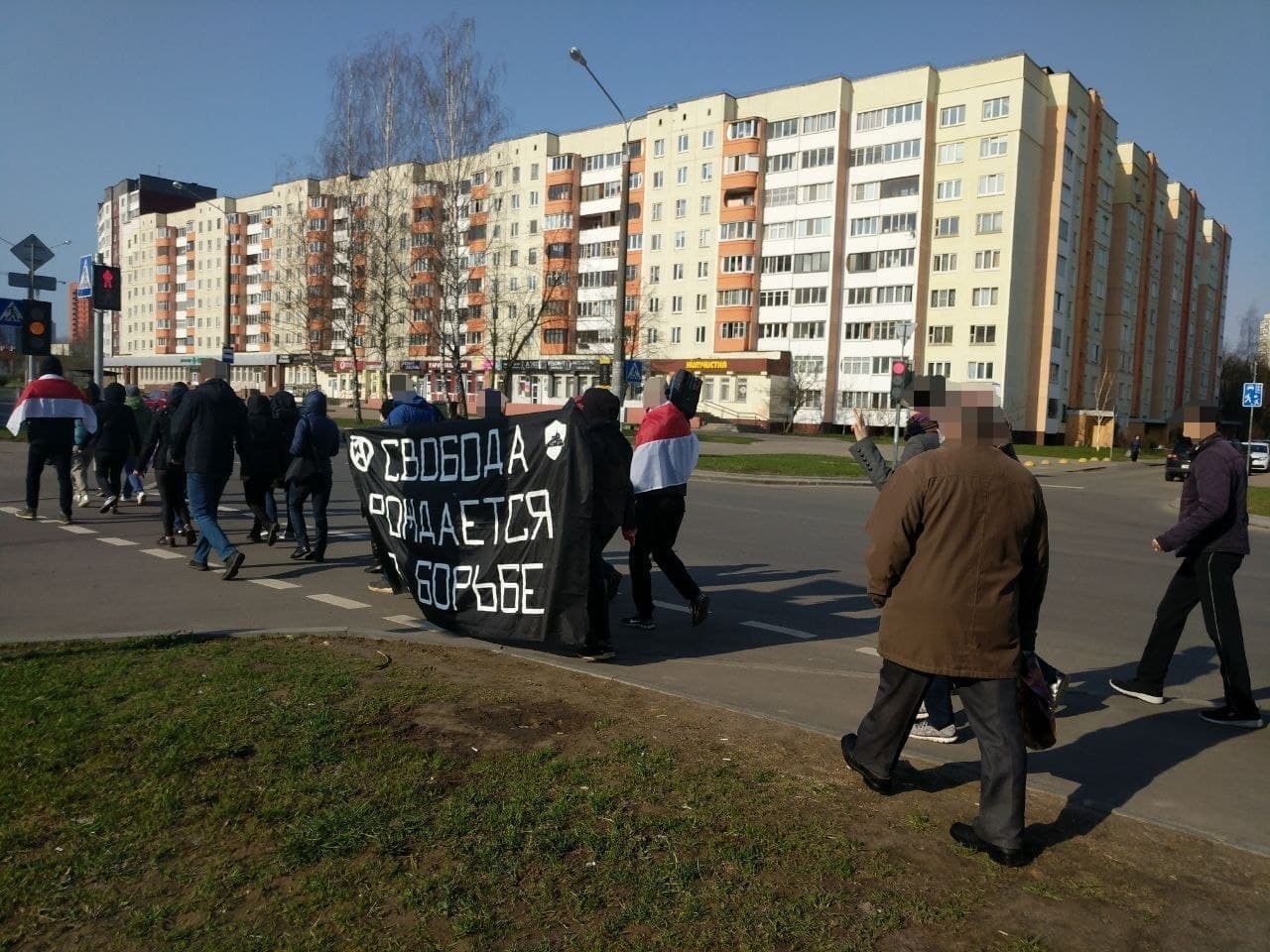Security forces aim for complete demotivation of protests
 The situation got worse
The situation got worse

The National Bank demonstrates its continued influence on monetary policy by raising the refinancing rate. Restrictions are imposed on the legal community to purge disruptive elements and deprive lawyers of their independence. Detentions, arrests, high fines, dismissals and criminal cases affect an increasing number of citizens, no longer calibrated to the degree of protest activity.
The National Bank has emphasised its institutional authority and continued influence upon the Belarusian leadership by raising the refinancing rate from 7.75 to 8.5% to curtail inflation and devaluation expectations by business and the public.
Ideologues threaten to restrict the right to vote for certain groups and impose an age limit of 20 to 70 years. Students and young people were particularly engaged during the presidential elections and the following political crisis, and the Belarusian leadership is counting on society to return to a state of political indifference and absenteeism.
The security forces continue to attempt to demotivate the protest movement via repression. The Prosecutor General’s Office released statistics on “protest” criminal cases; currently, more than 3,000, while a month earlier, just over 2,400.
The security forces continue to expand the range of repressive measures against representatives of Civil Society organisations and political parties. The KGB reported the detention of the leader of the BPF party Ryhor Kastusiou and political scientist Aliaksandar Feduta “on suspicion of committing a crime.”
The Belarusian leadership is introducing additional control mechanisms and restrictions on the legal community. Further, former law enforcement officers and judges will be able to qualify for the Bar via a simplified procedure.
The authorities are also planning budget cuts for social institutions. By the end of 2021, reductions of up to 20% are expected in the cultural sector workforce. Despite the consistent policy of maintaining employment, the number of employees in state-owned companies and institutions gradually decreases.
Social and economic tensions are appearing in the regions; in Pinsk, some 50 workers gathered around a closed store named “Raduga” demanding payment of wages.
Despite the warnings from the Ministry of Health regarding the third wave of COVID-19, the Belarusian leadership continues to vacillate as it did last year by holding a traditional subbotnik [volunteer working weekend]. However, local authorities in Minsk are tightening rules for cultural and sporting events.
In this manner, public sector cuts are politically excused while layoffs are directed towards the least loyal employees.
Subscribe to our newsletter




Situation in Belarus
Constitutional referendum: main consequences


 Video
Video
How to count the political prisoners: are the new criteria needed?


 Video
Video
Paternalism In Decline, Belarusian Euroscepticism, And The Influence Of Russia


 Video
Video












